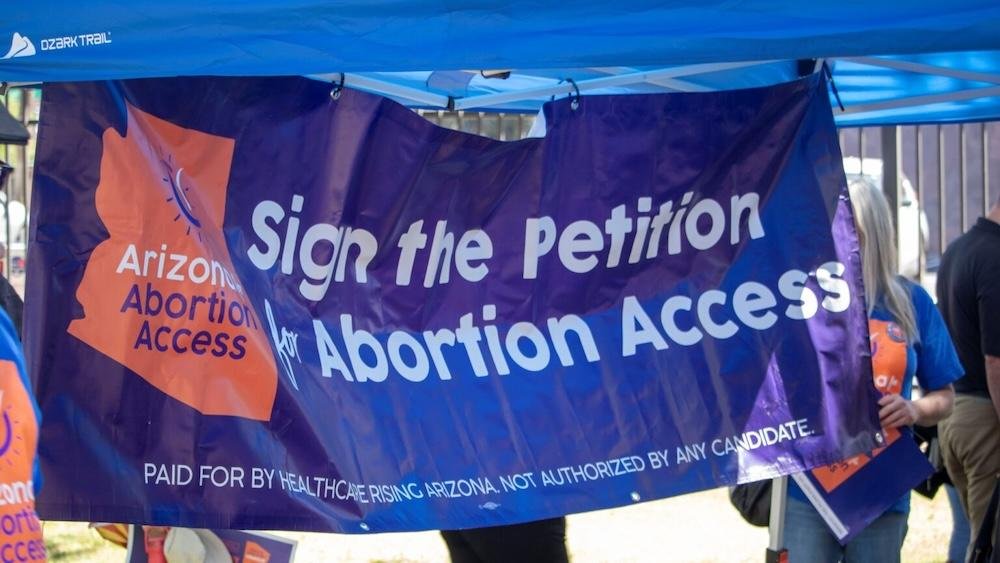crime
Abortion Rights Campaign Slams Anti-Abortion Challenger’s Claims as ‘Nonsense’

An anti-abortion group’s claims regarding a proposed abortion rights initiative in Arizona have been labeled “nonsense” by advocates for the Arizona Abortion Access Act. The initiative, known as Proposition 139, aims to secure the right to an abortion in the state constitution until fetal viability, typically around 24 weeks of pregnancy. Under this proposal, exceptions would exist if a healthcare provider deems it necessary to protect a patient’s life or mental and physical health.
The Arizona Secretary of State confirmed that the initiative has secured approximately 578,000 valid signatures, well above the required 384,000 needed for it to appear on the November ballot. The campaign submitted over 800,000 signatures, representing the largest number ever gathered for a single initiative in the state.
In response to the initiative’s success, Arizona Right to Life has raised concerns about a 200-word summary provided to petition signers, alleging it is misleading. They assert that the summary’s language could mislead voters regarding who makes decisions on abortions beyond fetal viability.
However, a trial court judge dismissed these claims, asserting that the original summary was not unlawful. Arizona Right to Life has since appealed this ruling to the state Supreme Court. In their response, attorneys for Arizona for Abortion Access contend that the high court is not the appropriate venue to air grievances against the initiative.
Andy Gaona, representing the reproductive rights campaign, questioned the legitimacy of the anti-abortion group’s arguments, stating, “Plaintiff misrepresents the Initiative’s provisions, quibbles about minor omissions, and complains that the description lacks speculative impacts.” He emphasized the word choices do not fundamentally alter the understanding of the initiative.
The contested summary lacks the term “treating” before “health care provider,” which the anti-abortion group argues leads to misinterpretation about who decides the need for an abortion. Judge Melissa Iyer Julian found this argument unconvincing, asserting that it is generally understood that medical decisions are typically made by the provider treating the patient.
Gaona reinforced that the summary adequately informs signers of the initiative’s key elements as mandated by law. He dismissed claims regarding the summary’s failure to address potential impacts on existing state abortion regulations, stating such considerations are speculative and unnecessary for petition summaries.
Jill Norgaard, a spokesperson for Arizona Right to Life, acknowledged she hadn’t yet reviewed the response to their appeal. With Justice Clint Bolick recused from the case due to potential conflicts of interest, Retired Justice John Pelander will step in as his replacement. A ruling from the Arizona Supreme Court is anticipated by August 22, coinciding with the deadline for ballot printing.
















